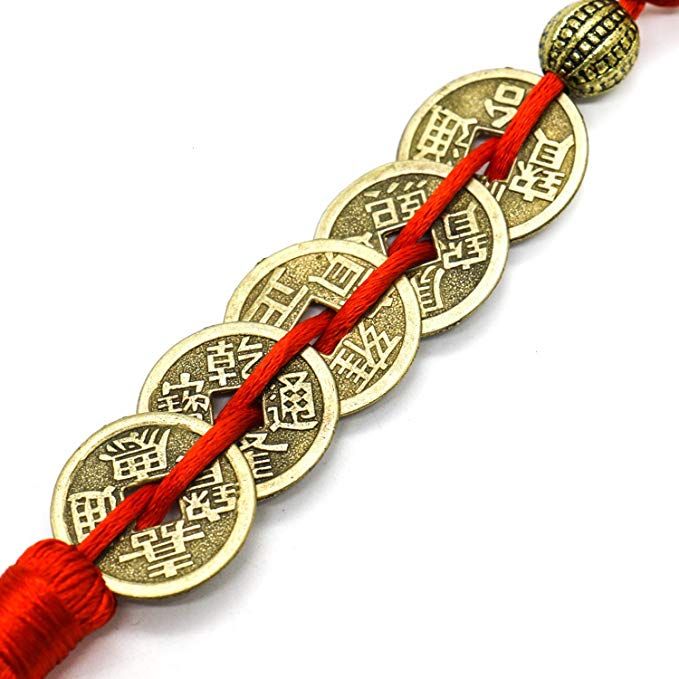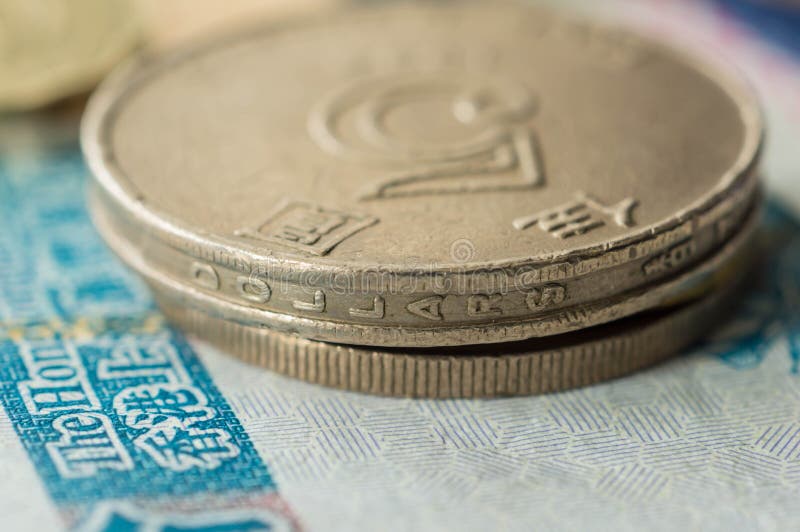


The Ministry of Finance is concerned that yen-selling is gathering unwarranted momentum, but absent a clear and notable tightening of monetary policy, how long will verbal or actual intervention support the yen?īeijing will be watching closely. It is back to the 145.00/dollar area that sparked a record $60 billion of yen purchases from Japanese authorities in September and October last year. The yen has fallen 9% against the dollar this year, the worst performer of all the established Asian currencies against the dollar. "If the game is getting the weakest exchange rate on the block, Japan is winning, even though it is not clear the game is worth playing," said Steven Englander, head of G10 currency strategy at Standard Chartered. Some 75% of the global installed capacity for semiconductor chips - a key component of the computing, communications, energy and auto industries - is concentrated in East Asia, according to the Asian Development Bank. dollar since last November, and on a broader real effective exchange rate (REER) basis their weakness is even more pronounced: the yuan is at a nine-year low and the yen is less than 1% away from a fresh 50-year low.Īll else equal, a cheaper currency boosts exports, even though the benefits are less clear cut in a world of deeply integrated supply chains, muted global demand, and generationally steep global inflation and interest rates.īut any advantage is worth pursuing. In terms of bilateral trade between China and Japan, the attraction is equally clear.Ĭhina's yuan and Japan's yen this week hit their lowest levels against the U.S. Both are pursuing super-loose monetary policy that is running counter to most of the world - Japan to generate inflation after 30 years of battling deflation, and China to spring its economy from a post-lockdown funk and stave off the threat of deflation.Īs beggar-thy-neighbor foreign exchange depreciation pressures bubble up across Asia, the attraction of a weaker exchange rate grows. In some ways, China and Japan are joined at the hip. What's more, deepening trade links between the two countries and competition for share of the manufacturing supply chains spreading across the continent mean neither will want their currency to strengthen against the other, if they can help it. ORLANDO, Florida - Japan and China may be signaling that they want their currencies to stop weakening too much, but the reality is depreciating exchange rates will help give Asia's economic giants the inflation and competitive edge both are currently seeking. (The opinions expressed here are those of the author, a columnist for Reuters.)


 0 kommentar(er)
0 kommentar(er)
